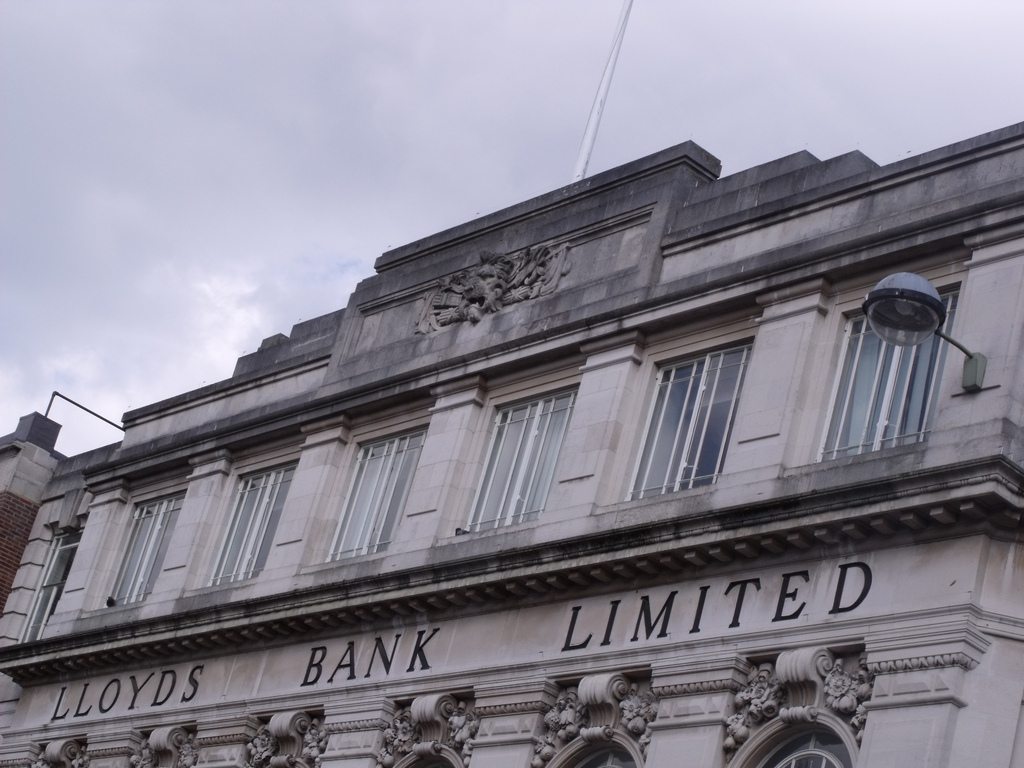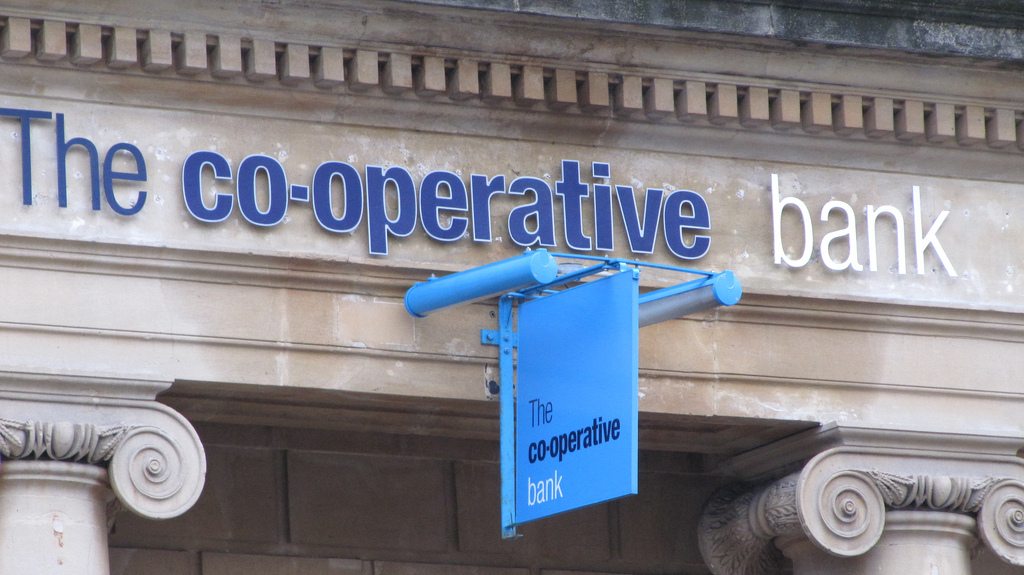The Co-Operative Bank: Weathering the Storm
The Co-Operative Bank, part of The Co-Operative Group, holds a unique position on the high street as the largest “ethical” bank. This is due to the firm’s commitment to avoiding investments in less morally reputable areas.
Introduced in 1992 after a survey of customers and stakeholders, the bank has turned down over £1bn of business opportunities, which it felt would not have reached its moral standards.
The company is also still evolving its core ethical policy, with New Year’s Resolutions this year to avoid the financing of gambling companies, payday loan lenders and firms that excessively avoid UK taxes. What differentiates The Coop Bank from other ethical financial firms is the scale of its success, as it remains one of the country’s biggest lenders even with its moral investment constraints.
Unfortunately, despite past successes, the Financial Crisis has brought the company to the brink of collapse.

The Co-Op Bank had plans to buy 600 Lloyds branches before the recession. Photo: Elliott Brown
At the start of the recession, in 2009, the firm’s outlook was still strong, with plans to purchase 600 Lloyds Bank branches from the government. However by 2013 these expansionary plans had been scrapped. The Co-Op Bank’s credit rating was slashed to “junk”, indicating a total loss of confidence in the firm.
On 15th June 2013 a startling discovery of a £1.5bn shortfall in the bank’s balance sheet further damaged its situation. Both the Chairman and the Chief Executive had resigned at this point. The state of the firm was so dire that the Bank of England has considered taking control of the firm.
In the end the bank’s rescue came in the form of a £1.5bn “bail-in” operation. The company’s creditors (bondholders) who had lent money to the firm were given the chance to convert their bonds into equity shares.
This process injected the required £1.5bn of capital into the firm, but came at a high price as 70% of the firms ownership was transferred to the bondholders, mostly comprised of US Hedge Funds. This operation was highly controversial as it involved giving control to American financial firms who may not fit the bank’s ethical viewpoints.
Since then, performance has remained rocky, with tens of thousands of customers changing bank; however there are signs of recovery.
The new CEO Niall Booker successfully oversaw the raising of a further £400m through a rights issue and an increase in the core capital ratio to a respectable 11.5%. The cutting of staff numbers and disposals of its sub-prime assets have helped solidify the bank’s slow, but tangible recovery.
Overall The Co-operative Bank’s story is one of the major successes of the post-recession period in terms of a crisis being averted and a classic British company surviving one of the most difficult periods in its 143-year history.

Comments